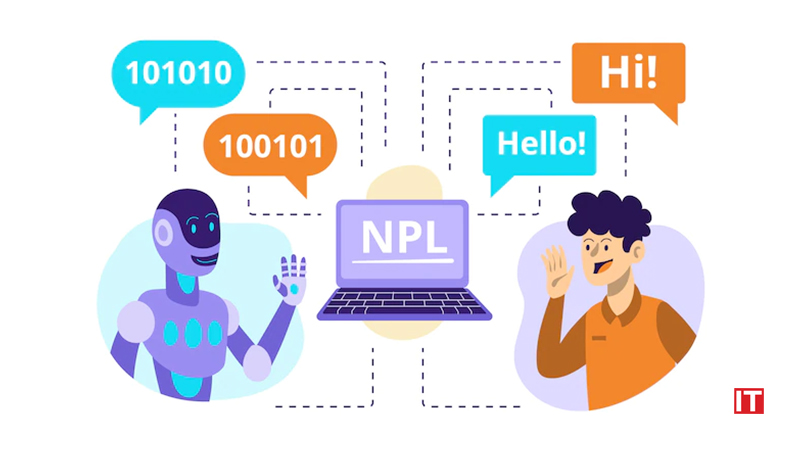Natural language processing Marks the Marketing Territory
Natural language processing (NLP) technology is one popular technology used by marketers today. Organizations rely on customer feedback to develop revenue-generating business strategies, whether it’s a marketing campaign or better service delivery. Unfortunately, surveys and customer feedback can produce inconsistencies and may even necessitate additional effort on the part of customer-facing employees. Through the use of automated sentiment analysis, NLP and machine-learning techniques assist businesses and reduce workload.
Natural language processing in Different Marketing Roles
NLP innovations have a wide range of potential applications in digital marketing. These applications are generally aimed at improving each customer’s individual experience and promoting a positive customer-business relationship.
Lead-Generation
Most businesses have some kind of chatbot on their website. Chatbots can help with lead generation and sales in addition to customer service. According to an Intercom survey, the most common use of chatbots is sales.
Natural language processing is used by chatbots to provide prospects with the appropriate automated response. However, they can also gather useful information and insights for lead generation and sales. The tone and sentiment of prospects’ messages can be analyzed using NLP. It can determine the emotion of the text input and filter out high-quality leads for the sales team.
Read More: IAB Tech Lab Launches Privacy Enhancing Technologies Working Group
SEO
NLP is used by Google crawlers to determine the relevance of text to the user intent behind a search query. To rank high in search results, your content must match the intent of the search query.
While it has long been a best practice to create content for users rather than search engines, this became even more important after the BERT update. Google is better at judging content quality and displaying the most relevant, high-quality content at the top of search results. The BERT update also reflected the growing importance of ‘voice search.’ Over 8.4 billion voice assistants are expected to be used globally by 2024.
When using voice search, people use longer sentences and ask more questions than when using text-based search. To make the most of NLP for SEO, marketers should concentrate on long-tail keywords and create more high-quality content.
Post Third Party Cookie Advertising
With the demise of third-party cookies, natural language processing will play an important role in the rise of contextual advertising. Advertisers can use NLP to scale campaigns and target consumers based on their interests.
While browser history and behavioral tracking will continue to play a role in advertising, the use of NLP for contextual advertising allows advertisers to target users based on what they are currently looking at and interested in. Advertisers can promote products on web pages where the content’s topic matches the ad at scale.
NLP can also assist in the creation of messaging and ad copy that is tailored to specific audience segments. AI-powered text generation advancements enable brands to create unique ad copy for smaller audience segments.
Content Management
Sentiment analysis is one of the most exciting applications of NLP marketing. Social media generates a massive amount of data, but without the use of NLP sentiment analysis, it is impossible to manage and sort that data in order to gain actionable insights.
NLP can analyze social media data to determine where your brand, content, products, and competitors are mentioned, as well as the overall “feeling” about the subject. This can reveal insights that can be used to inform your marketing strategy as well as negative mentions that should be addressed.
NLP sentiment analysis enables your content marketing strategy. You can, for example, go beyond engagement metrics and track your audience’s emotional response as well as the language they use to describe your content.
Analyzing Data
Massive amounts of useful data are generated by digital marketing. You can more effectively analyze the data generated by your marketing campaigns across multiple platforms by combining natural language processing and machine learning.
Suppose you want to assess the effectiveness of incorporating affiliate marketing software into your digital marketing strategy. You’re gathering information based on five affiliates’ social media posts. The comments on your affiliates’ posts can tell you how their audience feels about your products. NLP technology can detect their syntax, word choice, and tone. You can then make necessary changes to your affiliate marketing program.
This can be a huge time and money saver for businesses. NLP and machine learning can quickly reveal flaws in a strategy that would take weeks or months to reveal manually.
Finally…
NLP marketing is something that every CMO should be aware of. With the ability to automate and optimize for increased performance across multiple channels, there are an increasing number of possibilities and use cases. Big data is becoming more accessible and valuable to marketers thanks to NLP-powered tools and applications. As a result, you will be able to get closer to your customers, provide a better customer experience, and improve the performance of your SEO and advertising campaigns.

































